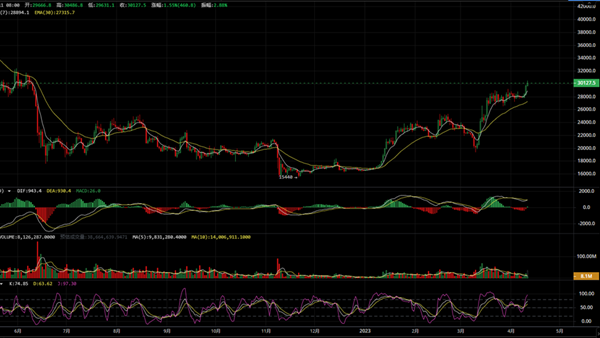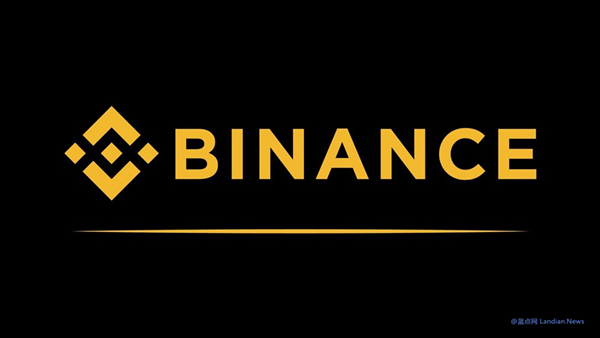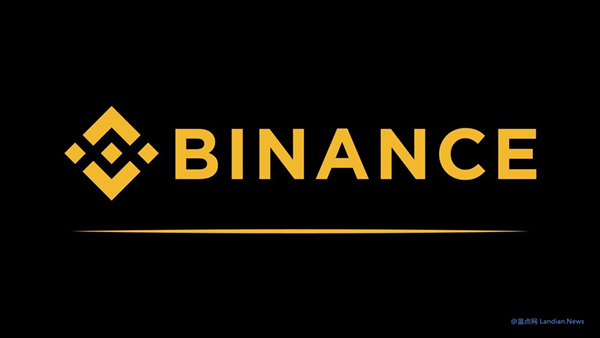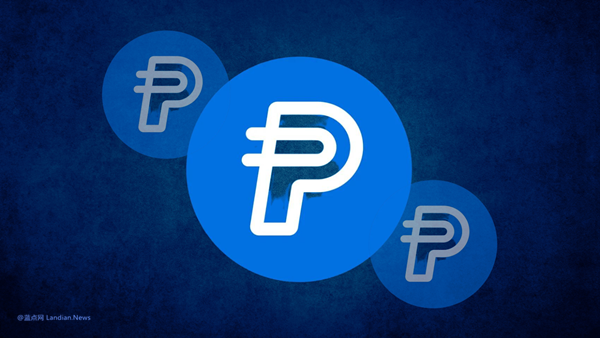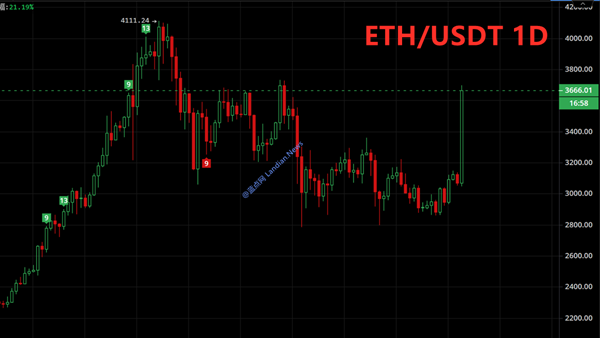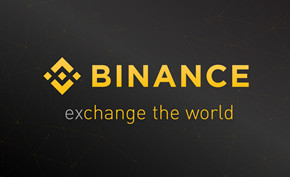Philippines Approves Former Binance CFO Zhou Wei to Launch Crypto Stablecoin PHPC Pegged to Philippine Peso
In April 2024, Zhou Wei, the former CFO of the cryptocurrency exchange Binance, invested 200 million to acquire the cryptocurrency wallet provider Coins.PH from the Indonesian technology giant GOJEK. Coins.PH was established in 2014 and was acquired by GOJEK for 95 million in January 2019.
Following his acquisition of Coins.PH, Zhou has set his sights on the Philippine market, planning to launch a crypto stablecoin pegged to the Philippine peso, PHPC, where 1PHPC will equal 1 Philippine peso. (Note: The current exchange rate is 1 CNY = 7.97 PHP or 1 USD = 57.58 PHP)
The crypto space is replete with various stablecoins, with the largest being the US dollar-pegged USDT, along with others like USDC. Tether also launched MXNT, a stablecoin pegged to the Mexican peso.
Despite the abundance of stablecoins, there remains a significant market opportunity as many fiat currencies do not yet have corresponding crypto stablecoins. Thus, Coins.PH is launching PHPC to capture the market in the Philippines.
With regulatory approval already secured, Filipino users will be able to quickly buy, sell, and exchange PHPC for other cryptocurrencies through Coins.PH, which should be good news for local investors.
As early as April, the Central Bank of the Philippines had granted Coins.PH an experimental license to launch PHPC, with Zhou announcing that the platform would offer PHPC trading to Filipino investors starting in June.
This development comes after the Philippines recently announced a ban on the cryptocurrency exchange Binance for operating in the country without approval from regulatory bodies, including offering cryptocurrency trading and derivatives, which could potentially harm Filipino investors.
The approval to test a crypto stablecoin pegged to the Philippine peso is part of a controlled trial under the supervision of regulatory authorities to assess the practical benefits of crypto stablecoins. If the test concludes without issues, the Central Bank of the Philippines may grant formal approval for the PHPC stablecoin. Otherwise, the experiment will end, and the issuance and use of PHPC will not be allowed to continue.
Given the Philippines' significant volume of remittances, it appears that the country is looking to offer an additional method for remittances to improve convenience and reduce transaction fees for its overseas citizens, although the specific objectives of this trial have not been disclosed.

